Here's How My Scrabble Games Sound:
Is 'Jixieq' a Word?
No. Not on Earth.
How About 'Jizieq'?
No.
'Xijizeq'?
No!

Puny Headline Score Can't Top Scrabble Kings
from The New York Times
LONDON - In the end, the zobo and the ogive could not quite triumph over the qanat and the euripi on Sunday, and thus the contender was birsled - Scottish dialect for scorched or toasted.
It was with such linguistic acrobatics that the eighth World Scrabble Championships came to an end in a north London hotel, when Adam Logan, a 30-year-old mathematician from Canada, scored 465 points to beat Pakorn Nemitrmansuk, a 30-year-old architect from Thailand, with 426 points in the final game of a playoff.
Over four days of triple-letter scores and usages involving q's without u's, like qanat, and qi, it had been a time of abstruse words, canny tactics and high tension for 102 contenders from more than 40 countries from Australia to Zambia, including the United States. It was a time, too, when language divorced itself from meaning in the competition for the $15,000 winner's prize.
"For the purpose of the game, the meaning of the word is not important," said Leslie Charles, the national champion of Trinidad and Tobago, who sat in a hotel ballroom where the final best-of-five playoff was relayed on wide television screens from a smaller room where the two players were closeted with their racks, tiles and 25-minute timer clocks.
In
 the game, all that counts is whether words figure on a list of the official compendium of legitimate words. (There are over 108,553 acceptable words with up to eight characters - just for starters, according to the contest organizers.)
the game, all that counts is whether words figure on a list of the official compendium of legitimate words. (There are over 108,553 acceptable words with up to eight characters - just for starters, according to the contest organizers.)Indeed, the previous champion, Panupol Sujjayakorn, a 21-year-old Thai university student, was said to have won two years ago with an encyclopedic memory of the list but without a broad knowledge of spoken English.
Amy Byrne, an adjudicator from Edinburgh who sat among the audience for the finals, said that many words not familiar to non-Scrabblers were listed and that their meanings were explained in either the Chambers English dictionary or the Merriam Webster Collegiate dictionary from the United States.
In the finals, she said, euripi, Mr. Logan's opening word, was the plural of a word meaning an arm of the sea with strong currents. Zobo, she explained to a non-Scrabbling outsider, was a form of Himalayan cattle. Ogive was an S shape used in architecture or mathematics. And qanat, she said, was an irrigation channel.
"We all know that one!" she exclaimed with a fond smile.
Mr. Logan triumphed with a straight 3-0 victory over Mr. Nemitrmansuk in the final playoff. It had been a challenging fight.
During the contest, Mr. Logan said, when he was going for one particularly high-voltage triple-letter-score, triple-word-score word, he was so tense that "my hands were shaking and it was difficult to get the letters on the board" - passions perhaps not familiar to the average parlor player.
But then, average parlor players do not habitually hit scores in the mid- to high hundreds: historically, the highest recorded score in a single game is 1,049, the organizers of the contest here said.
Sartorially, the contest had few of the trappings of world sporting finals - no fancy uniforms or drum majorettes and an audience that, apart from players, numbered but few, though more were thought to have watched on a Webcast.
Indeed, fleece jackets, baseball caps, denim and sneakers seemed popular apparel for contestants, locked before the finals in three, heads-bowed days during which each of them played 24 one-on-one games. With 51 games under way in a ballroom, the tournament played out to the sibilant rustling of tiles being gently shaken in Scrabble bags and occasional calls of "challenge, please" for particularly unknown words.
The organizers also sold Scrabble T-shirts with slogans like "Cheeky not geeky" and "funky not geeky," which, one way or another, spoke for themselves.







 what the Great Conjunction is. 'What's the Great Conjunction?'
what the Great Conjunction is. 'What's the Great Conjunction?' 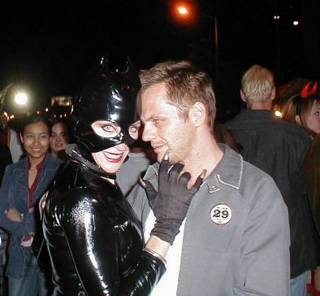
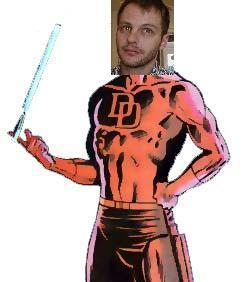



 A Is for Androids
A Is for Androids B Is for Boba
B Is for Boba C Is for Calvin
C Is for Calvin D Is for Dragons
D Is for Dragons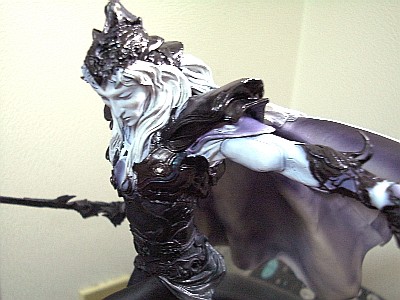 E Is for Elric
E Is for Elric F Is for Futures
F Is for Futures G Is for Genie
G Is for Genie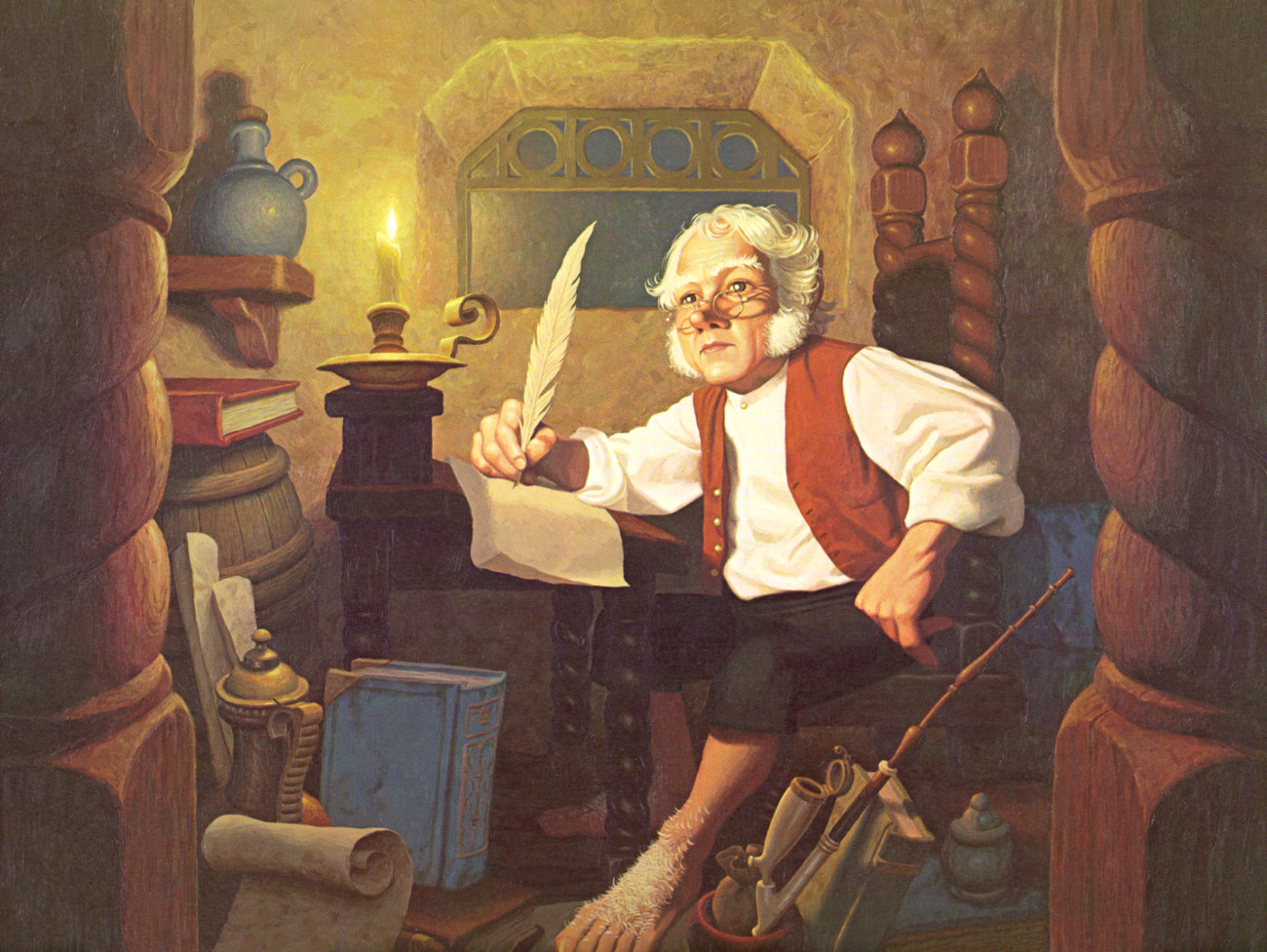 H Is for Hobbits
H Is for Hobbits I Is for Iceman
I Is for Iceman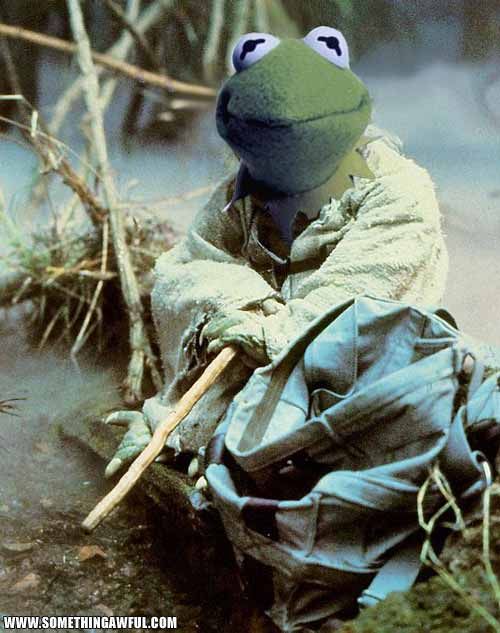 J Is for Jedi
J Is for Jedi K Is for Kraken
K Is for Kraken




















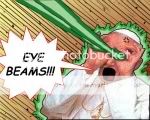
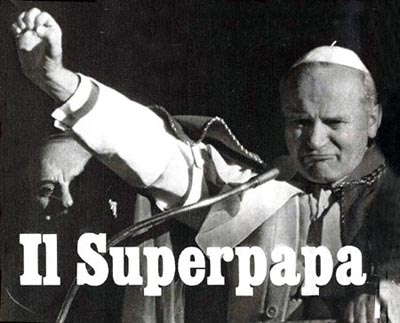














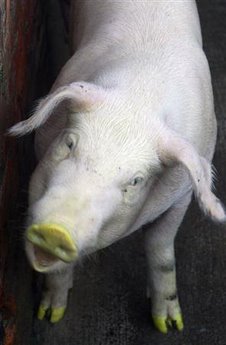




























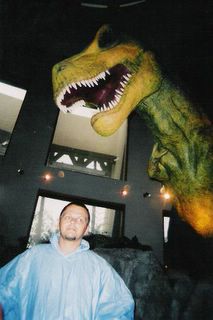



0 Comments:
Post a Comment
<< Home